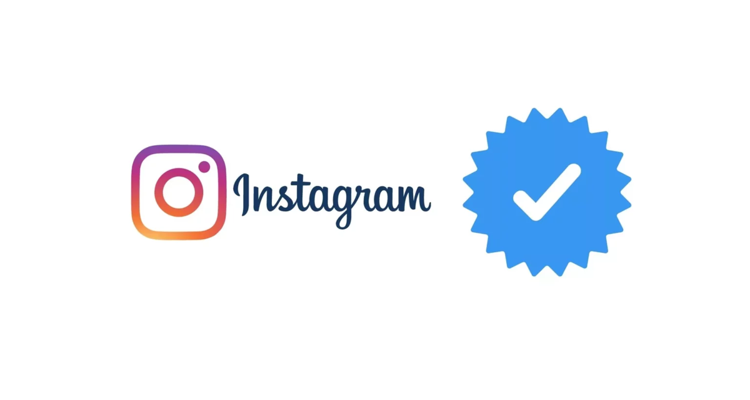Photo Credit: Instagram
A study finds that fake Spotify and Apple Music profiles were leveraged for Instagram blue checks.
According to an investigative study by ProPublica, Spotify and Apple Music’s artist profile systems have been exploited to gain Instagram verified profiles. This “quick and easy” process involved the alleged scammers creating fake artist profiles and uploading music — “often nothing more than basic looping beats.” The streaming numbers of those tracks are then boosted illicitly, in addition to buying articles promoting those artists on legitimate websites. The result is enough “proof” in applications for an Instagram verification checkmark — in some cases, for accounts that mimic real Instagram users.
A song from the Spotify artist profile of “DJ Dr. 6ix” had been streamed nearly 60,000 times but included 90 seconds of dead-air and a made-up writer in its credits. Spotify told ProPublica that it had identified artificial streams on many of the 173 profiles they had highlighted and removed more than 100 of the artists from the platform.
DJ Dr. 6ix, whose real name is Dr. Martin Jugenburg, is a Toronto plastic surgeon who derailed his medical career after his “physician-influencer tendencies” led to a six-month medical license suspension. But utilizing his Spotify profile of DJ Dr. 6ix, Jugenburg could secure a verification badge for his Instagram account. ProPublica determined that this was only one instance of what appears to be the “largest Instagram account verification scheme” ever uncovered.
Since at least 2021, hundreds of people — from crypto entrepreneurs, OnlyFans models, and reality show stars — have been clients of a scheme to become improperly verified as musicians on Instagram. Instagram parent company Meta has removed fraudulently applied verification badges from more than 300 Instagram profiles and continues to review accounts.
Among the accounts involved were those of Mike Vazquez and Lexie Salameh, two of the stars of MTV’s reality show, “Siesta Key.” Rather than receive verification for their TV work, they were incorrectly identified online as musicians in order to obtain verification. Both profiles lost their verification badges approximately two weeks before ProPublica released its exposé.
The scheme likely generated millions in revenue for those responsible, illustrating how easily major social and music platforms can be exploited to create fake personas for monetary gain. Additionally, it underscores how Instagram’s growth and reputation, combined with lacking customer support and oversight, have led to a bustling black market in verification services.

